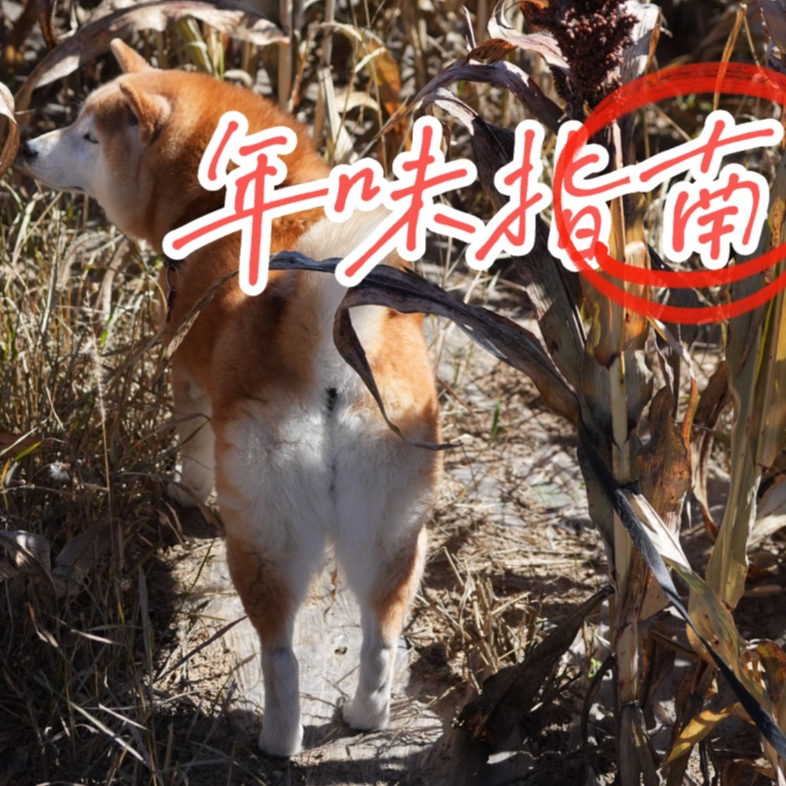
Deep Dive
What is the significance of the 'Nian Wei' (年味) or 'New Year flavor' according to Shi Laoban?
Shi Laoban describes 'Nian Wei' as a scene where the whole family gathers together, with some rolling dough for dumplings and others frying food. It’s also about specific dishes that evoke childhood memories, even if they can be replicated elsewhere. The subtle differences, like the amount of vinegar or the aroma of chili oil, create a nostalgic distance between the present and the past.
What are some traditional New Year foods in Lanzhou, as mentioned by Shi Laoban?
In Lanzhou, traditional New Year foods include 'Zao Rou' (braised pork with fermented tofu), 'Jia Sha' (a dish with meat filling sandwiched between egg skins), and various fried snacks like 'You Guo Zi' (fried dough twists) and 'Jiao Ye' (crispy fried dough). These foods are deeply tied to family traditions and are often prepared in large quantities to last through the holiday.
Why does Shi Laoban feel that the taste of Lanzhou beef noodles in Beijing is not authentic?
Shi Laoban explains that authentic Lanzhou beef noodles rely on a rich broth made from a large quantity of beef and chicken, which requires high foot traffic to sustain. In Beijing, the demand for beef noodles is lower, leading to diluted broth and the use of pre-made ingredients, which compromises the authentic flavor. Additionally, the business model in Beijing often includes selling rice dishes, further detracting from the focus on the noodles.
What is the cultural significance of the dish 'Jia Sha' in Lanzhou?
Jia Sha is a dish made with meat filling sandwiched between egg skins, often fried and served with sweet and sour or spicy sauces. Shi Laoban humorously speculates that its name might originate from a folk tale about a soldier who ate meat that had fallen on the ground, earning a promotion. The dish is a nostalgic part of Lanzhou's New Year celebrations and is cherished for its unique texture and flavor.
How does Shi Laoban describe the evolution of Lanzhou beef noodles in Beijing?
Shi Laoban notes that Lanzhou beef noodles in Beijing have gone through phases, with a period around ten years ago when they were more authentic due to the influence of the 'Dongfang Gong' brand. However, over time, the quality declined as the focus shifted to fast-food models, leading to the use of pre-made ingredients and a loss of the traditional flavor. Today, he believes it’s hard to find authentic Lanzhou beef noodles in Beijing.
What role do spices play in Lanzhou cuisine, according to Shi Laoban?
Spices are a crucial part of Lanzhou cuisine, with dishes like beef noodles and lamb skewers heavily relying on spices like chili, cumin, and Sichuan pepper. Shi Laoban explains that historically, spices were expensive and their use signified wealth and status. In Lanzhou, the heavy use of spices is a cultural hallmark, distinguishing its cuisine from other regions.
- Nostalgic food memories from various regions of China
- Variations and similarities in New Year dishes
- Unique family traditions associated with food
Shownotes Transcript
在录制这几期**《过年特辑》**之前,我已经很久都没对过年有太多好奇或者期待了,年复一年,每年不都差不多嘛。但和朋友们聊过年又不一样,在听到对方对食物的描述之后,惊讶地发现明明相隔万里,却有着相似的经历,甚至连年夜饭餐桌上的菜式都有很多一样的。
这种感觉很奇妙,明明是这几年才认识的朋友,原来我们在很小的时候就曾以某种形式交错过。聊完之后不止感觉和朋友们更亲近了,年也有了更广阔的意味,它不止是自己家的年,而是真正的情感纽带。
我也忍不住重新思考什么是「新年」,不止是日历翻过一页,年龄长了一岁,也有我们对旧物、旧人、旧事的新观点和新想法。站在此时此地回望记忆中的年味食物和团聚画面,以新叠旧,确实是一年比一年更丰富了。
特别感谢「南食召」对过年特辑的支持!已经12岁的南食召,也像是一个离开家乡闯荡的年轻人。从浙江温州的鱼饼、鸭舌出发,现在也尽力呈现其他地方的特色风味,云南山珍、东南沿海的海货、广式和川式的腊味,产品越来越丰富。
南食召主营的是家庭常备的各种食材和调料,坚持本真、本味、少添加的风格。在尝试过很多餐厅和外卖之后,想经常回家吃的,就是这种让自己更舒服的味道。
【时间轴】
1:43 在相距很远的地方,吃很像的年夜饭大菜
8:12 从小就吃不腻的油炸食品和凉拌菜
15:30 离家之后试图寻找的儿时味道记忆
26:05 过年忙着接收食物,处理食物和转赠食物
33:30 在哪一刻觉得很难找回家乡的味道
43:05 哪一刻又更明确了自己喜欢的家乡味道
【本期鸣谢嘉宾】
石老板:兰州人,单立人喜剧创始人
【本期配乐】
Pedrini- Concert baroque à la Cité Interdite Sonata No. 5 in G Major- III. Vivace
.
**「厨此以外」是我在写了很多菜谱之后决定再往前踏出的一步,希望可以从菜场、从餐厅、从书里、从种种地方都能了解食物更多一些。烹饪并不是食物的终点,「和食物做朋友」**才是想重新构建生活时必不可少的一环。
.
可以在这些社交平台找到我,公众号/微博/小红书:田螺姑娘hhhaze 。
